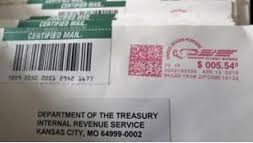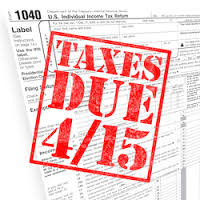Ms. H, a single mother, had suffered extreme misfortune in several areas. As a real estate agent, her income flat lined when the housing market crashed, making it difficult for her to meet her monthly financial obligations. To make matters worse, her son was involved in a car accident in which he suffered major head injuries. Then, while she was juggling medical bills as well as managing the care of her injured son, Ms. H received an official IRS Notice informing her of an outstanding tax liability. She had not filed tax returns for ten years and, according to IRS calculations, owed over $100,000 in back taxes. As would be expected, she was panic stricken about her dire financial situation.
When Ms. H contacted Professional Tax Resolution for help with back taxes, she was immediately placed in contact with a tax expert who set up a face to face meeting in order to determine the best solution for her specific situation. Following this meeting, our tax professionals got to work preparing and submitting the ten years of back tax returns. Although the returns showed that Ms. H owed a back tax balance in excess of $40,000, our tax team was not deterred. They promptly launched into the next phase of the tax resolution process which was to do a financial and demographical analysis of Ms. H’s situation. The analysis documented her financial hardship, making her an ideal candidate for an Offer in Compromise.
Once it was determined that Ms. H met the eligibility criteria for an IRS Offer in Compromise, our professionals promptly prepared and submitted the application. Within a short time, the IRS accepted the offer, successfully settling her federal tax debt of almost 100k for $6,150. In addition, the tax experts at Professional Tax Resolution negotiated an Installment Agreement with the California Tax Franchise Board whereby Ms. H was able to pay off the $7000 back tax balance owed to them in monthly installments of $110. Overall, her tax debt, which was originally recorded as over $100,000, was settled for $13,150!
The members of the Professional Tax Resolution team are devoted to their clientele and are always focused on negotiating the most beneficial tax settlement agreement possible. We sympathize with our clients and understand that each situation is unique. Please contact our office to see how our professionals can assist you. Our tax experts are experienced at communicating with the IRS and guarantee to follow your particular tax settlement process though to a final resolution.




